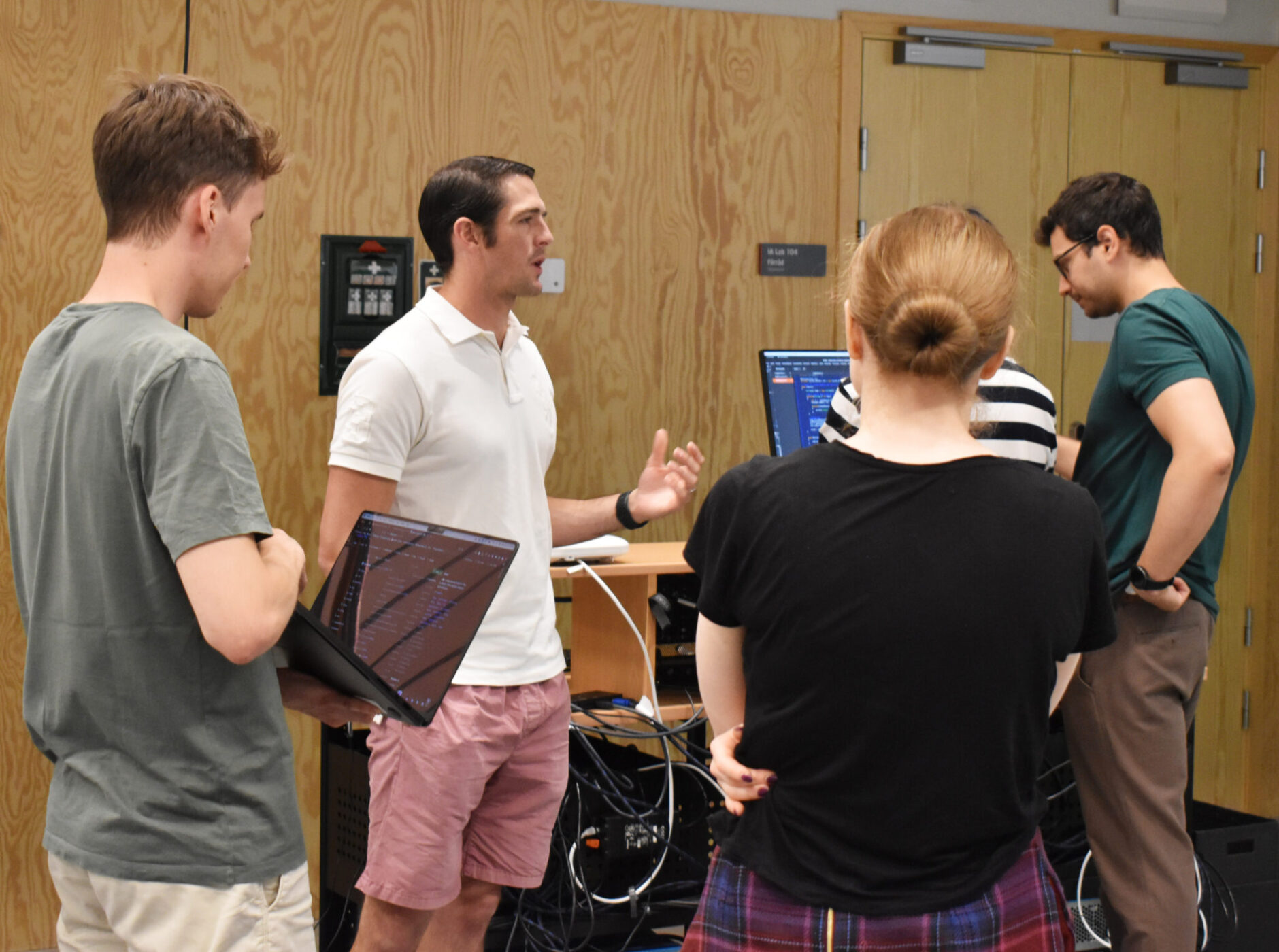The Thematic Summer School on Embodied AI was arranged 24-27th June 2024 at Örebro University. During these days the students got to explore the intersection of artificial intelligence, robotics, neuroscience, and cognitive science. As we witness rapid advancements in technology, it is crucial to understand how AI systems can interact with and learn from their environment. They delved deep into the principles, applications, and future prospects of embodied AI.
The Thematic Summer Schools are arranged yearly and are offered to WASP PhD students from their second year. During the Summer School the students get the opportunity to engage with experts during lectures and discussions. They also gain insights into the latest research through hand-on learning via exercises and labs. It is also a great opportunity to meet other WASP PhD students and network.
This thematic summer school was led by Amy Loutfi, WASP Co-director for recruitment coordination, Professor, School of Science and Technology, Örebro University and Andrey Kiselev, Senior Lecturer, Center for Applied Autonomous Sensor Systems, Örebro University. Guest lecturer were Tom Ziemke, professor, Linköping University, Angelo Cangelosi Professor of Machine Learning and Robotics at Manchester University and Turing Fellow at the Alan Turing Institute in London as well as Katerina Pastra, Head of the Language and Robots Lab, Inst. for Language and Speech Processing, Athena Research Center.
Time and space to reflect and interact
Katerina Pastra’s main topics during this week was the role of language in embodied AI, in other words: how to make robots understand verbal instructions. This is the first time Katerina is in touch with the WASP community and she believes that this concept can be built on and go internationally.
“The highlight from this event for me is that if we let the students free to design their own experiments based on the lectures, they can really surprise you! If you stimulate the students with new ideas and give them the infrastructure they need, they will innovate.”
Katerina believes that it’s very important to give time for reflection and interaction.
“One of the strengths with this event is that it gave the students the time and space to reflect and interact with each other. This, I believe, is very important. There was time to brainstorm, talk, get to know each other and give feedback. Another strength is that it is an interdisciplinary forum where students with different background and fields get together. They are exposed to other perspectives and ideas which is beneficial”
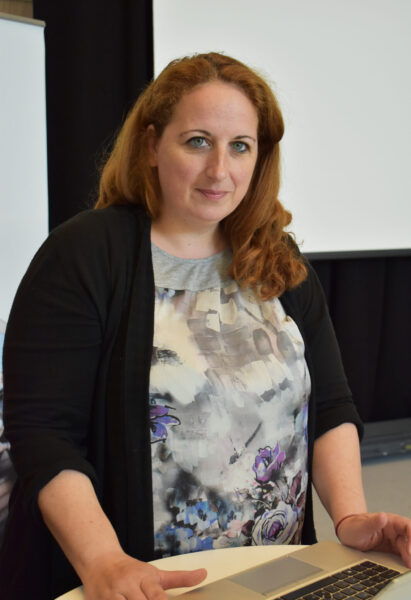
Katerina Pastra, Head of the Language and Robots Lab, Inst. for Language and Speech Processing, Athena Research Center.
Meet the participants
Two of the participants at the summer school was David Baxter from Örebro University and Emma Andersdotter from Umeå University.
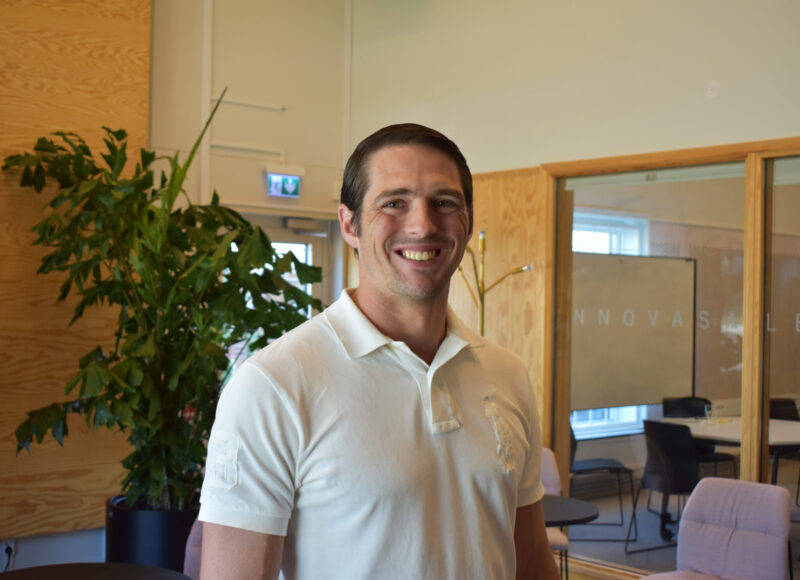
David Baxter, PhD student, Örebro University
David Baxter, Örebro University
David previously worked on autonomous robotic navigation. Specifically, he focused on object-based semantic simultaneous localization and mapping (SLAM) research in the Marine Robotics Group while completing his graduate studies at MIT (2017 – 2020). He worked in industry as a program manager focused on developing hardware for the marine and aerospace domains before his current return to academia. He started his PhD studies as a WASP graduate student in April this year.
Here are some of his highlights during the thematic summer school on embodied AI:
“I learned about the tight coupling between perception, intention, and action in humans. This became an important concept for our discussion of Embodied AI, and the significance of an autonomous agent being “situated” in its environment. We also received a lecture from a linguist about language grounding in humans and machines. I found it interesting how the human centered linguistics perspective also shed light on applicable truths and challenges with language grounding for autonomous systems”, says David.
He also highlights a discussion about John Searle’s “Chinese Room” thought experiment in which a computer serves as a black box that accepts inputs and returns outputs. In his example, humans that are fluent in Chinese input written questions to the box, which are answered by a person inside the box who does not understand Chinese. The person in the box uses rule books to pattern match and process the unknown symbols into seemingly intelligent answers. Searle argued that regardless of how humanlike a computer interaction seems, that a computer has no “understanding” when it executes a program since it is just following rules to perform operations on inputs.
“Even if people never attribute machines with having true understanding, this though experiment has me asking myself about what aspects we would want the black box to have in order to increase the machine’s position on a debatable spectrum of understanding”, David continues.
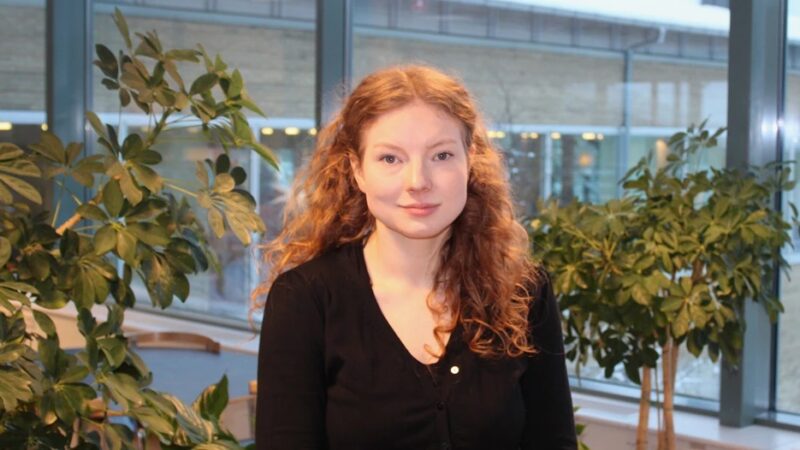
Emma Andersdotter, PhD student at the Department of Mathematics and Mathematical Statistics at Umeå University
Emma Andersdotter, Umeå University
Emma Andersdotter is a PhD student at the Department of Mathematics and Mathematical Statistics at Umeå University, whose research area is geometric deep learning. She has previously studied at Lund University, where she got her master’s degree in mathematics and bachelor’s degree in physics. She has been a part of the WASP community since January of 2023 when she got employed as a doctoral student at Umeå University.
This is Emma’s take-away from this week:
“I got a good overview of what embodied AI is. It’s not my research area, but it was fun to broaden my knowledge. I enjoyed the discussions we had on intelligence, the role of language and embodiment. They made me reflect on things I hadn’t before.”
What do you want to say to others that are interested in the WASP-community?
“I would say that it is a good opportunity for those who are interested in AI or any related field. AI is a subject that is constantly evolving, and it is important to keep up. WASP offers the opportunity to connect with like-minded people and to learn about their research.” – Emma Andersdotter.
“The design of WASP brings AI expertise throughout Sweden together while also reaching across international boarders. This not only gives participants access to great educational content, but it also provides them an excellent opportunity to find common interests across a larger network than would be possible without WASP’s structure. I think that WASP’s integration between academia, industry, and government helps align interests and a common understanding between these groups and that WASP participants get to benefit from this perspective. Just as the WASP network is vast and diverse, so are the possible focus areas within it. Elective courses, clusters, and arenas in the WASP graduate school provide additional opportunities to tailor your experience. I have participated in three WASP events since joining in April; WASP4ALL, WARA-PS onboarding, and this Embodied AI Summer School. I have left each event feeling like there is more opportunity for interesting and meaningful collaboration than time allows. This is quite a luxury.” – David Baxter.
Some pictures from Thematic Summer School on Embodied AI
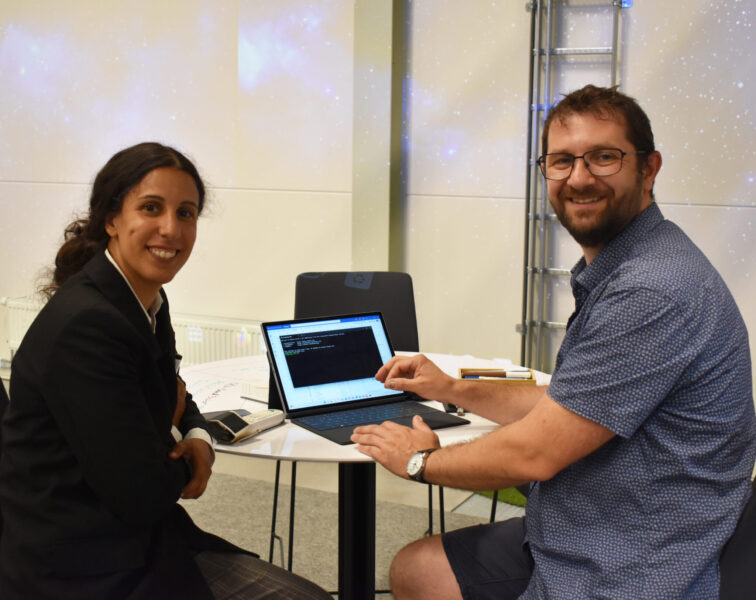
Amy Loutfi and Andrey Kiselev
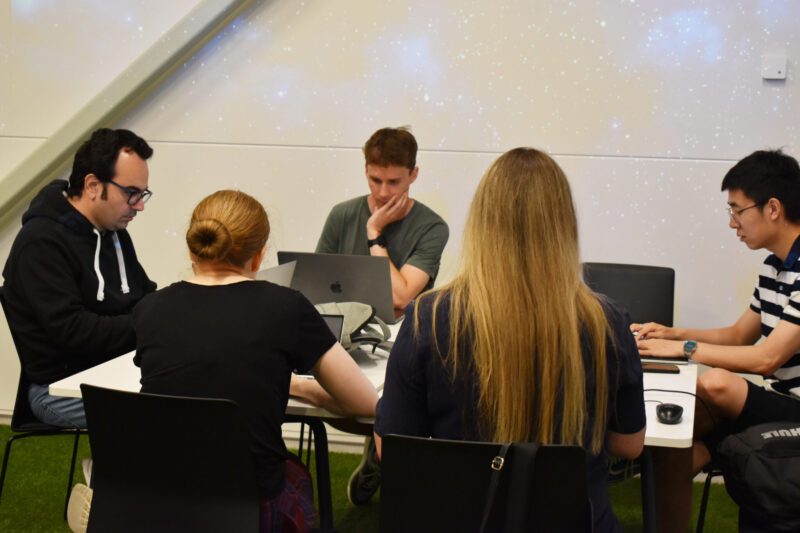
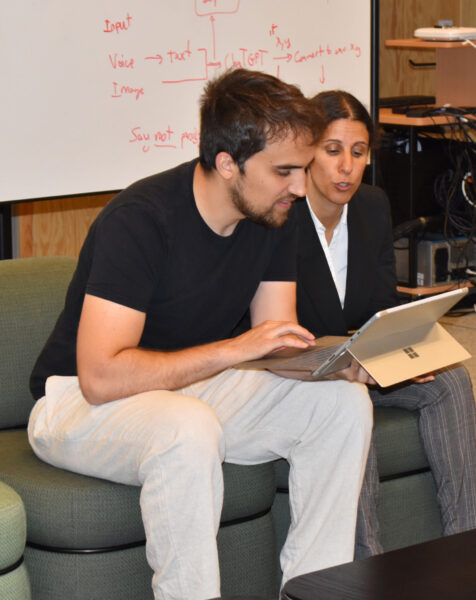
Published: July 4th, 2024
[addtoany]

